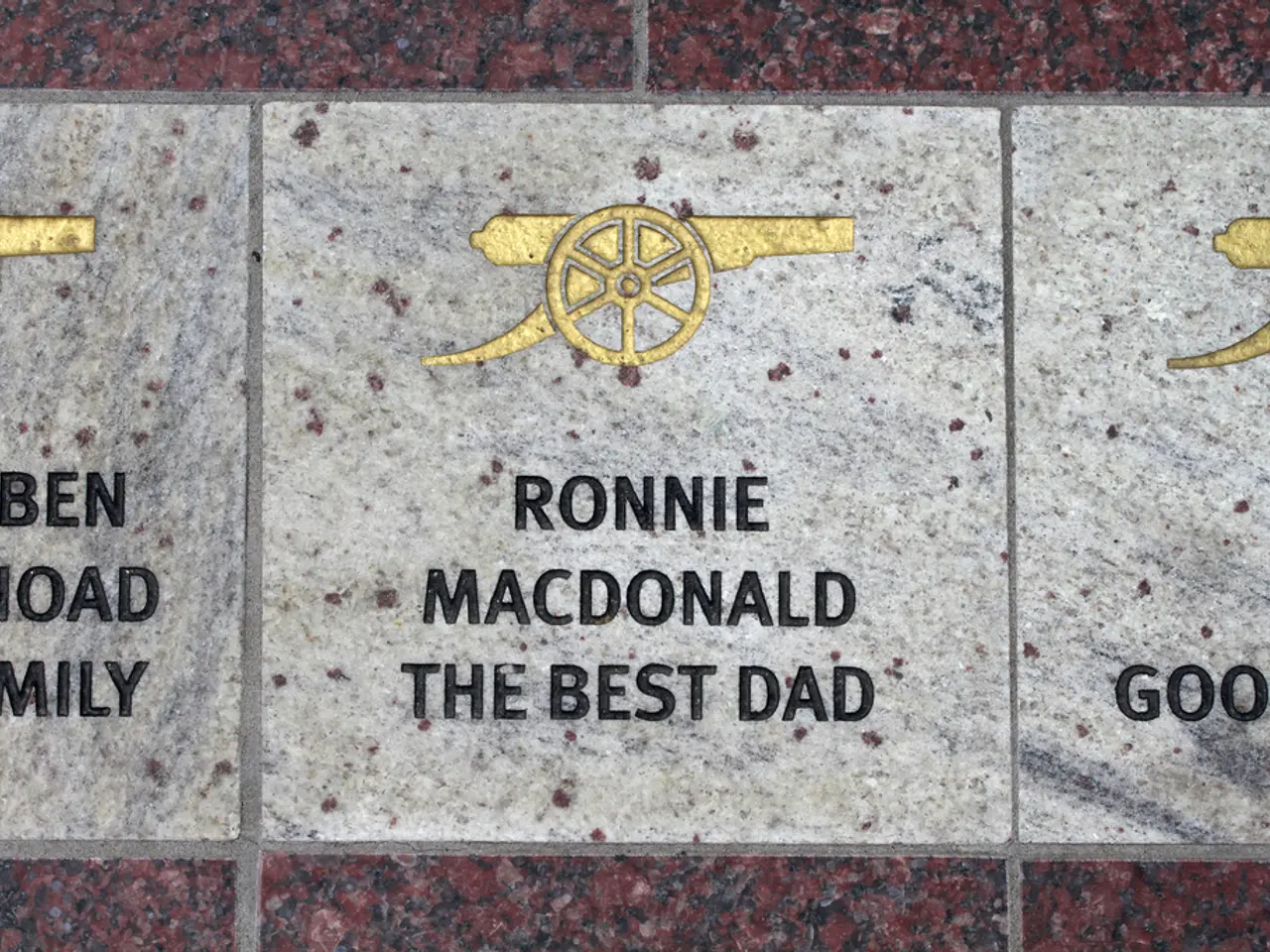The Importance of History (Unveiling Why It's More Than Just Ancient Events)
The study of history is more than just a journey through the annals of time. It is a crucial tool for understanding the world around us and making better decisions.
History is not a tale of dry facts and dates, but a source of captivating and intriguing narratives. From the fascinating story of Australia's war with emus to the fact that Cleopatra lived closer in time to modern times than to the building of the Great Pyramid, history is full of wild and amazing stories that engage and educate.
History serves as the world's backstory, providing context for understanding various aspects of the world, including laws and international relations. It helps us make sense of why nations act as they do and clarifies how identities and relationships evolve.
One of the key reasons why history matters is its ability to help us understand cause and effect. History shows how yesterday's decisions influence today’s diplomacy, societal identity, and conflicts, enabling us to foresee potential consequences of current actions.
History also encourages critical inquiry and rational thinking. As Professor Bettany Hughes explains, history is a form of rational inquiry that teaches us to analyze narratives critically, which is essential amid misinformation and "fake news."
Viewing history from diverse angles and scales uncovers complexities and prevents narrow, biased views, giving a fuller understanding of events and their significance. This multiple perspective approach equips us to critically evaluate claims and narratives in a complex world, helping to avoid repeating mistakes.
Studying history links individual and collective experiences over time, helping us appreciate how our lives intersect with broader global narratives. This understanding informs responsible citizenship and policymaking.
Perhaps most importantly, history offers insights into how societies have addressed challenges or fallen into crises—such as war, inequality, or policy failures. By examining these past events, we gain insights to improve decision-making and prevent repeating harmful mistakes.
In essence, history provides the knowledge framework and analytical tools needed to comprehend current world affairs and to make decisions grounded in evidence and thoughtful perspective rather than ignorance or guesswork. So, next time you pick up a history book, remember, you are not just a reader of history, but a character in it, making decisions that will be part of the historical record.
[1] Hughes, B. (2015). The Story of History. London: Simon & Schuster. [2] Ferguson, N. (2011). Civilization: The West and the Rest. New York: Penguin Press. [3] Nussbaum, M. C. (2006). Not for Profit: Why Democracy Needs the Humanities. Princeton, NJ: Princeton University Press. [4] Appleby, J. M., Finkelstein, A., & Jacob, F. (2013). Telling the Truth About History. New York: W. W. Norton & Company. [5] Gelman, R. (2018). The Astonishing Hypothesis: The Scientific Search for the Soul. New York: Pantheon Books.
History is not only a source of captivating narratives, but also a crucial tool for education and self-development, as it helps us analyze narratives critically and make sense of the world. Studying history provides insights into past events and decisions, offering us a framework to comprehend current world affairs and make informed decisions.




